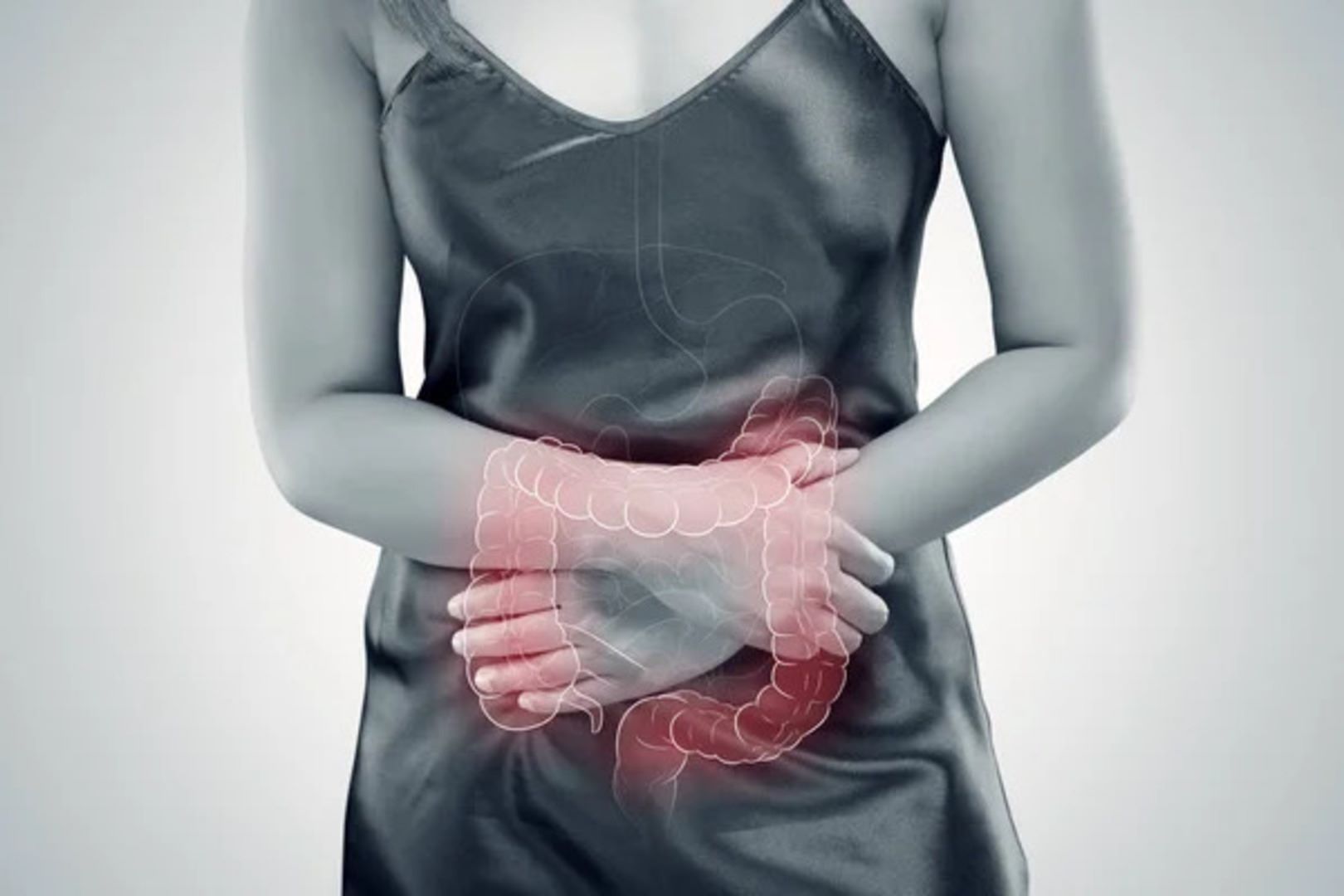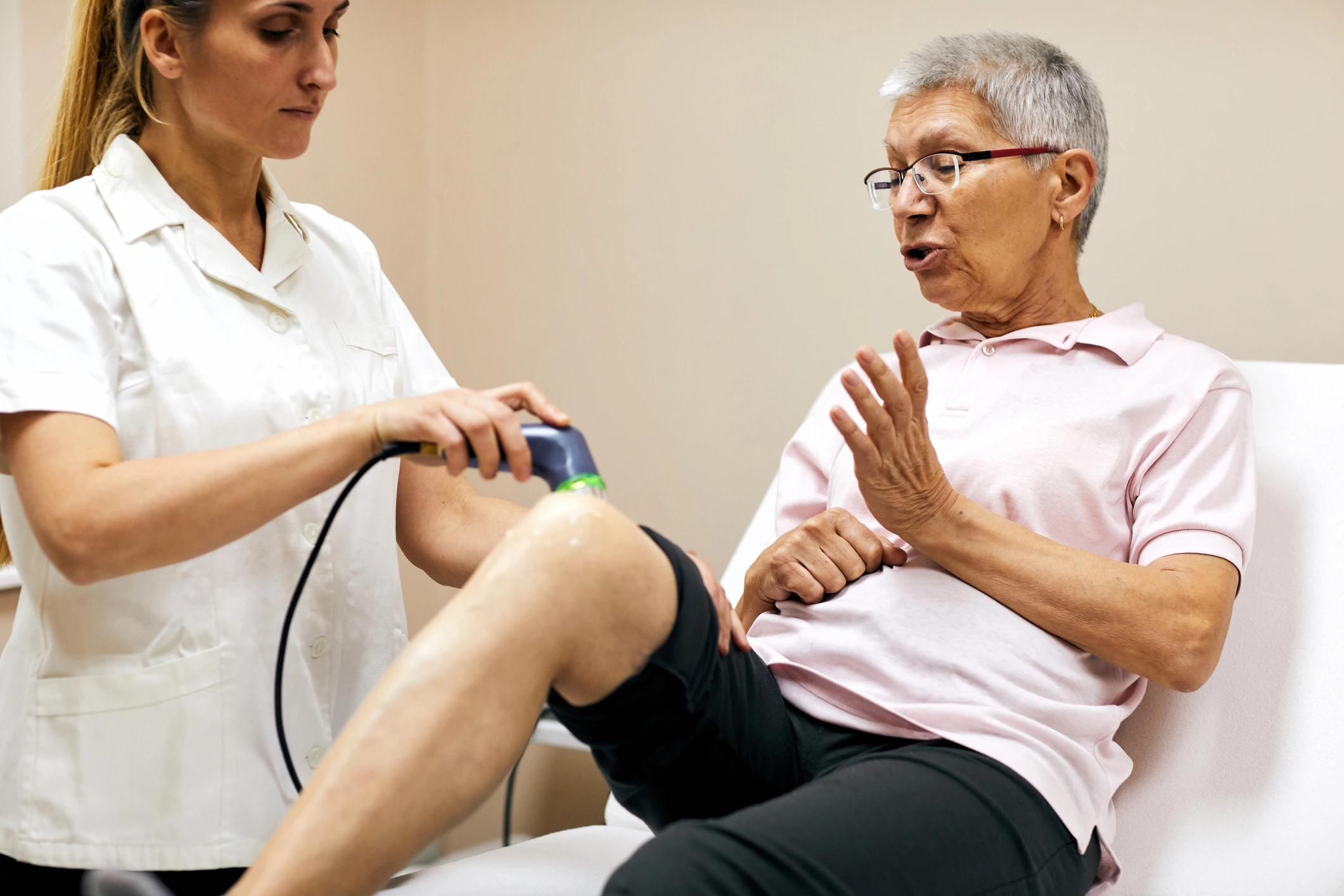Get Help For Ulcerative Colitis Pain
Ulcerative colitis is an inflammatory bowel disease that can cause severe and disruptive symptoms, such as abdominal pain, rectal pain, fatigue, and difficulty with defecation. The intensity of these symptoms can significantly affect the quality of life.
NextPain Care offers a multidisciplinary and evidence-based approach to managing the painful symptoms associated with ulcerative colitis. Our focus is on providing minimally invasive treatments tailored to your unique needs, aimed at relieving discomfort and supporting overall well-being. By addressing pain and discomfort, we aim to help you find relief and improve your quality of life.
Schedule Your Consultation!

What we do
There Are Ways To Manage Painful Ulcerative Colitis Symptoms
Ulcerative colitis can lead to debilitating symptoms, including rectal pain, abdominal pain, cramping, diarrhea, fatigue, and weight loss. You may experience a frequent urge to defecate or an inability to do so despite urgency.
These symptoms can severely impact your ability to live a normal life, causing stress and fear of embarrassment due to this disruptive condition.
Our treatments provide a holistic pain management approach designed to significantly reduce ulcerative colitis-related pain, aiming to help you return to a more normal life.
-
Increasing abdominal pain and cramping
-
Rectal pain and discomfort
-
Feelings of fatigue
-
Experiencing relief from abdominal pain and cramping
-
Reducing rectal pain and feelings of urgency
-
Enhancing overall quality of life and well-being

How Can We Help You?
What Causes Pain From Ulcerative Colitis?
The exact cause of ulcerative colitis hasn’t been identified, but it is believed to be an abnormal immune response where the body’s own defense system mistakenly attacks parts of the colon.
This results in inflammation in the colon’s lining and the formation of ulcers causing pain, digestive issues, stomach pain and cramping, painful bowel movements, excess gas, and a variety of other symptoms. Inflammation can also trigger muscle spasms in the abdominal area, leading to pain and cramping.
Additionally, the mucus membrane of the intestine can become more sensitive, causing pain and irritation when food passes through. Extremely severe cases of ulcerative colitis can result in bloody diarrhea, fever, weight loss, and fatigue.
Start Today




